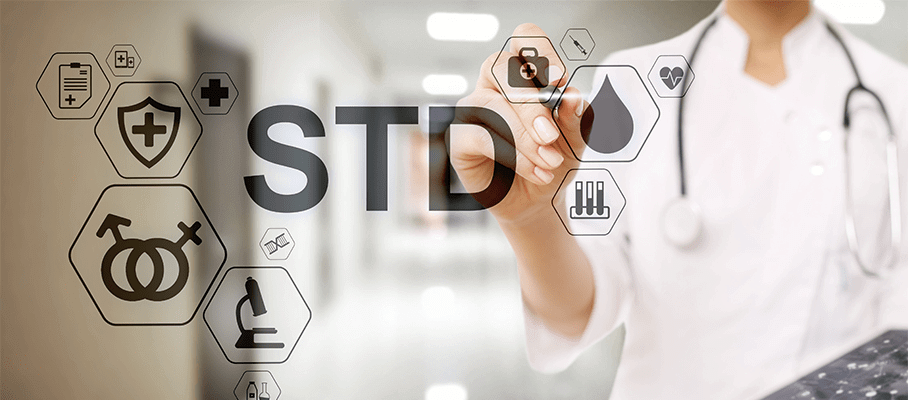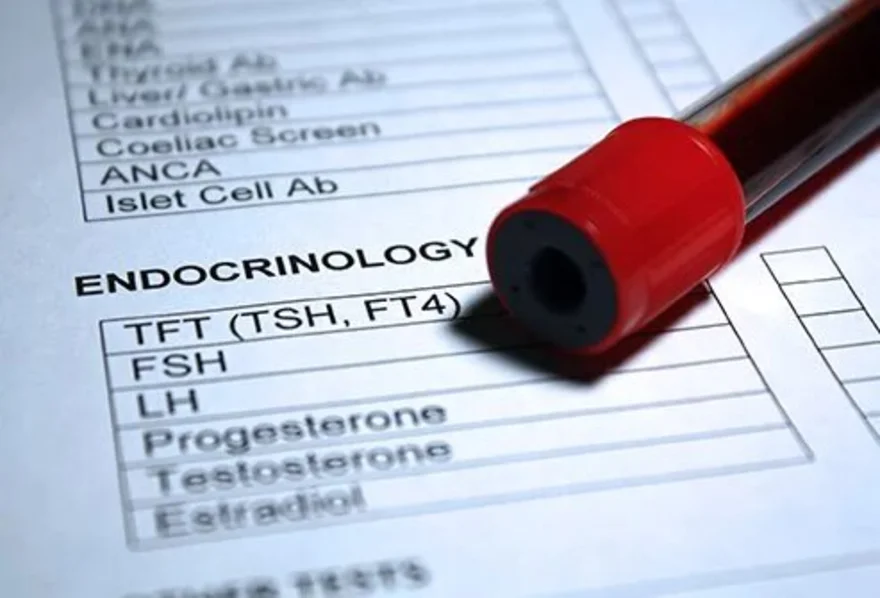sexual health test
Sexual Health | Importance and Testing Insights
Human sexuality is the very pillar of human society and one cannot assume life without it, however it continues to remain a taboo across societies, cultures, religion and borders. Even in this age and times, discussion on sexual health and sexuality continues to remain incredibly private and awkward. It is not untrue to say that even with the best of efforts, there exists a clear lack of understanding and guidance so much so that even parents and schools refrain from discussing the topic. It has led to spread of misinformation especially among the young and vulnerable. What does sexual health mean? Ever since WHO first defined sexual health in 1975, it has been continuously modified to provide a better understanding of challenges faced and to guide a desired approach. The most widely accepted definition however is the one provided by WHO in 2002, it stated “Sexual health is a state of physical, emotional, mental, and social well-being in relation to sexuality; it is not merely the absence of disease, dysfunction, or infirmity”. In simpler terms, it ensures a person enjoys a satisfying sexual life with a freedom to choose safe and effective contraceptive method which ensures protection from STD’s as well as empowers them the freedom to decide when to conceive providing better family planning. The path to better sexual health starts with better recognition of underlying issues. Here, we have covered top tests for sexual health-related problems. SHBG test: SHBG stands for sex-hormone binding globulin, that is a protein made by your liver. As the name suggests, it binds to 3 sex hormones (estrogen, dihydrotestosterone (DHT), and testosterone) found in both men and women and help carry these throughout your blood to the body tissues. Hence, SHBG controls the testosterone levels that your body tissues can use. Too little testosterone in men and too much testosterone in women can cause problems. Is it better to have high or low SHBG? You should have optimum levels. If your SHBG is higher, the fewer sex hormones are available to the body. On the other hand, if SHBG is low, sex hormones are available to the body in abundance which can give certain physical symptoms. For men, SHBG is mostly ordered if a person experiences symptoms of low testosterone levels like low sex drive or fertility issues. For women, it's mostly ordered if there are symptoms of high testosterone levels like excessive body hair, acne, or fertility problems. Book your SHBG blood test here. Testosterone blood test: Testosterone is a male sex hormone produced from testis. Low blood levels of testosterone causes male sex problems with decreased libido, subnormal muscle mass, increases body fat content and decreased bone mass. So diagnosing low testosterone levels and treatment is very important. For evaluation of male sexual health disorders like erectile dysfunction (ED), premature ejaculation, loss of libido evaluating physician may require detailed history along with physical examination and a wide array of blood investigations to measure levels of blood sugar, cholesterol, thyroid hormones and sex hormone levels in males which includes testosterone test and SHBG test. Diminished testosterone levels either alone or in association with excessive SHBG may be a cause of sexual problems. Apart from these physicians may order penile blood flow ultrasound after medications to induce penile erection. Tests for Sexually transmitted infections (STDs): HIV and hepatitis B and C are infections that can spread from having unprotected sex with infected individual. Between 5 and 10% of people living with HIV also have hepatitis B virus, known as co-infection. Hepatitis B and C along with testing for HIV can be done usually as a part of a single viral marker test at a nominal price. Spectrum of sexual health diseases is quite wide! As with other non-communicable diseases, the incidence and prevalence of sexual health disorders are on a rise attributed to lifestyle modifications, smoking and alcohol consumption, diabetes mellitus, psychiatric disorders and heart conditions. Sexual health disorders include but are not limited to sexually transmitted infections like Bacterial vaginosis, chlamydia, gonorrhoea, Genital herpes, hepatitis, Human Papilloma virus (HPV), HIV/AIDS and syphilis. The spectrum of sexual disorder also includes erectile dysfunction(ED), loss of libido, nocturnal emission, premature ejaculation, impotency and infertility in males. For females it includes lack of sexual arousal, decrease libido, excessive dryness and discomfort. In addition to it women may also suffer from unintended pregnancies, inadequate spacing and complications associated with child births. How to ensure a healthy sexually active life? Any sexually active adult should embrace healthy sexual practices, maintain basic hygiene and use proper contraceptives. One should undergo regular sexual health check-up and avoid unprotected intercourse. The risk of sexually transmitted infections is said to increase with Multiple sexual partners Unprotected intercourse including vaginal, oral or anal intercourse Partners having history of STD’s Partners having history of multiple sexual partners Drug abusers with history of needles sharing The prevention of STDs involve practising safe sexual practices which involve use of condoms each time you have sex. Make sure to use a condom for the entirety of the act. Although condoms aren’t 100% effective by themselves, they remain to be the most effective and convenient method for prevention of STDs when used properly. Apart from it one should ensure thorough washing of genitals before and after intercourse, maintain complete vaccination for void being under the influence of alcohol or drugs as studies show they often lead to unsafe sex. Even though you practice all these, always be vigilant to suspect an STD when you see a genital sore or rash, discharge and swelling. Avoid sex with your partner on suspicion of an STD and ensure getting tested before resuming sexual activity. Although no unprotected sex is fully safe but it’s considered relatively safe only once at least 6 months have lapsed since you both tested negative for STD’s. Ensure testing for it when you get into a new sexual relationship. Efforts to destigmatise the talks regarding sexual health and dysfunction, sexually transmitted disease (STD’s), safe contraceptive methods and teenage pregnancy are the need of hour.
 Home Visit
Home Visit Upload
Upload















 WhatsApp
WhatsApp